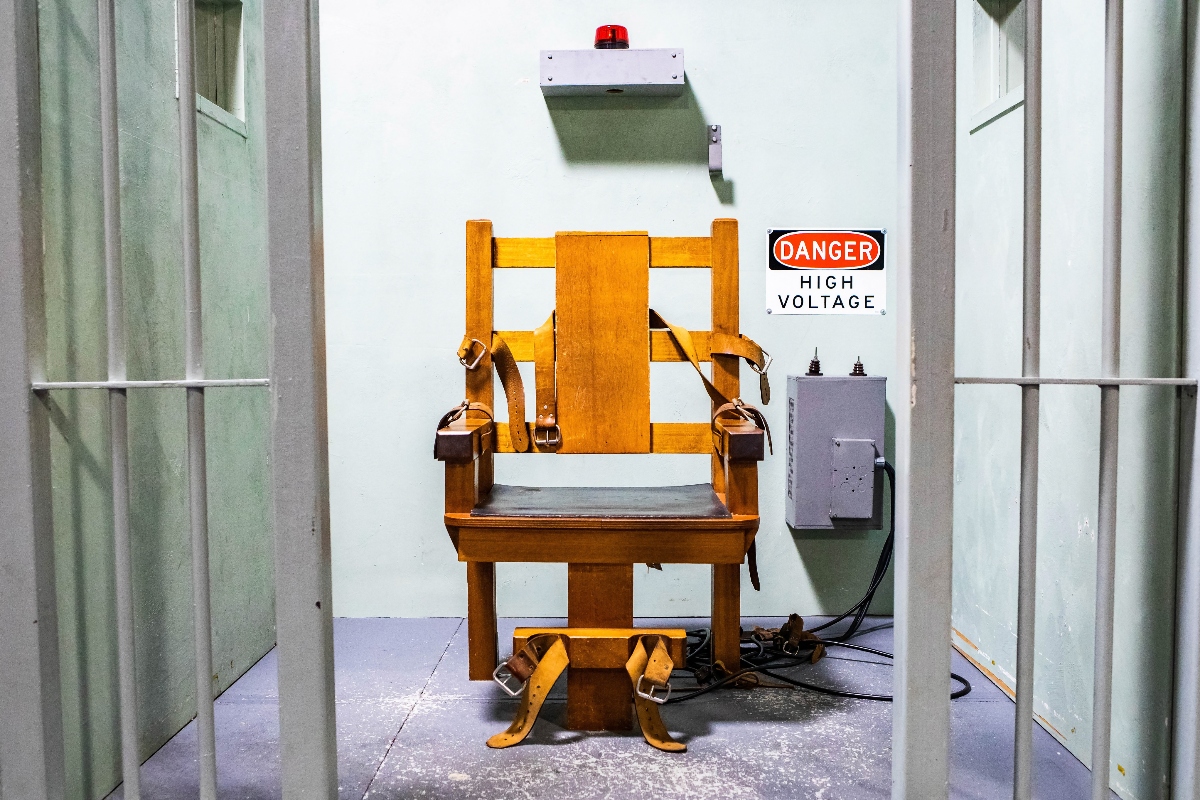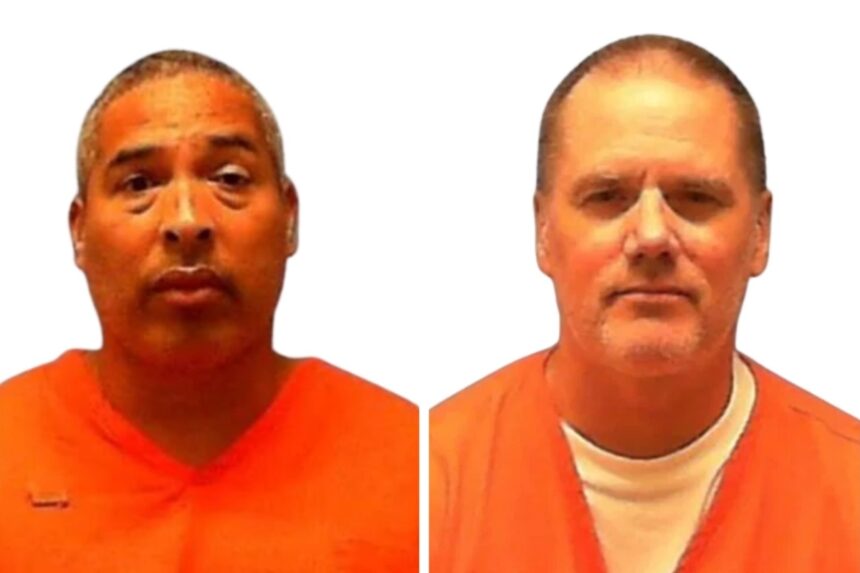The state of Florida carried out this Tuesday, July 15, 2025, the execution of Michael Zack Bell, a 54-year-old man convicted of the 1993 murder of two people in Jacksonville. The execution was carried out by lethal injection at the Florida State Prison in Starke, according to the state Department of Corrections(FDC).
Bell was convicted of killing two men outside a bar, whom he mistook for individuals involved in the death of his brother. He was sentenced to death in 1995, and after three decades on death row, his execution marks the eighth carried out so far this year in Florida, equaling the all-time record for executions in a single year in that state (1984 and 2014).
Florida intensifies the use of capital punishment

According to official reports, Florida has carried out 15 executions in the last three years, all approved by Republican Governor Ron DeSantis.
Bell was found guilty of killing two men outside a bar
QuéOnnda.com
If the next execution scheduled for July 31 is confirmed, the state will surpass its all-time annual record since the death penalty was reinstated in the U.S. in 1976.
Florida ranks as the third most executed state in the country, with 113 people executed, behind only Texas (595) and Oklahoma (129).
Tougher laws from 2023

In 2023, Florida amended its legislation to reduce death sentence requirements.
Since then, a unanimous decision of the jury is no longer required, with a favorable vote of eight out of twelve members being sufficient.
This places it along with Alabama as the only states with this type of legislation, widely criticized by human rights advocates.
Religious groups and civil organizations have expressed their rejection of this policy.
Last week, leaders of several religious denominations sent a letter to Governor DeSantis, demanding that he stop the increase in executions, believing that “justice is not built on death”.
For the Latino community in the U.S., this case reinforces concerns about how state criminal laws are facilitating the application of capital punishment.
Even in complex circumstances and with the possibility of a miscarriage of justice.
In addition, the non-unanimous use of the jury could disproportionately affect minorities without adequate legal recourse.
For more information, visit QuéOnnda.com.























